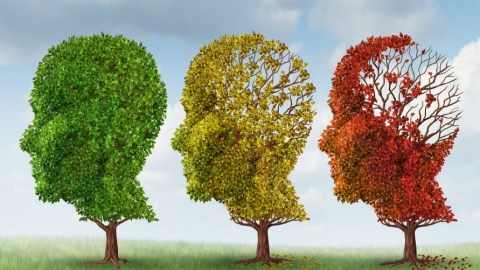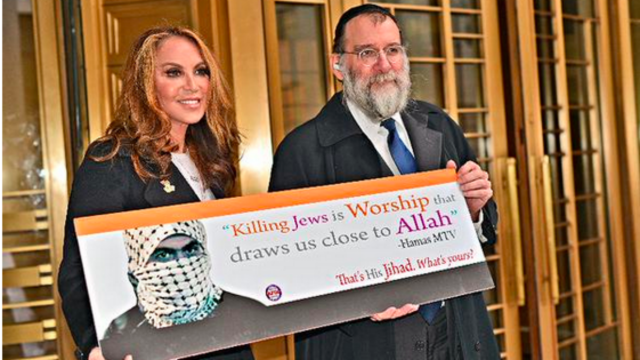Alzheimer’s Epidemic Approaches as Marriage Rate Falls

Dr. Angelo Volandes is promoting his new book The Conversationand, as is customary, he’s popping up all over the web this month in articles and interviews. The good doctor was on this very site earlier this week discussing end-of-life care and how to talk about dying. I’ve embedded our interview with him at the bottom of this post.
A couple days ago, Dr. Volandes penned a piece for Psychology Today about a unique issue I hadn’t thought much about before. At the crux of this issue are two separate statistical trends. First, every 67 seconds someone in America develops Alzheimer’s disease. This rate is only going to climb in coming years as the baby boomers continue to age. Volandes suggests we may very well be heading toward an Alzheimer’s epidemic.
The second statistical trend is this:
“The Bureau of Labor Statistics recently released a startling fact of a changing America: For the first time in its history of tracking these sorts of things, there are more single Americans than people who are married, 50.2 percent of Americans or about 125 million American adults no longer tie the knot. To put that in perspective, in 1950 that number was 22 percent.”
Volandes’ concern is that we’re going to see a major uptick in the number of elderly people with dementia who have no immediate family members to care or make medical decisions for them. He already sees this issue arising with his own patients. Sooner or later, the doctors are forced to make decisions that would (and should) be made by the patient and their family.
Volandes seems to conflate marriage with having someone to care for you late in life. We know that’s not always the case as there are plenty of unmarried folks who have children or partners. But the holes in his argument are miniscule; his main concern is perfectly valid. We’re going to see a whole lot of single people without kids develop dementia in the coming generation. And if these folks aren’t prepared, they may very well not receive the end-of-life care they wanted. It’s important the medical community prepares accordingly.
One example of a proactive solution is the formation of guardianship programs by certain U.S. states for the “unbefriended elderly.” Yet Volandes notes these programs tend to be underfunded and ineffective. For now, the best approach is for everyone — single or not — to make sure they have the tough conversation with their loved ones and their doctor about dying.
Angelo Volandes was featured earlier this week on Big Think. Watch the video below to learn about the conversation every family should have about end-of-life care.
Read more at Psychology Today.
Photo credit: Lightspring / Shutterstock




